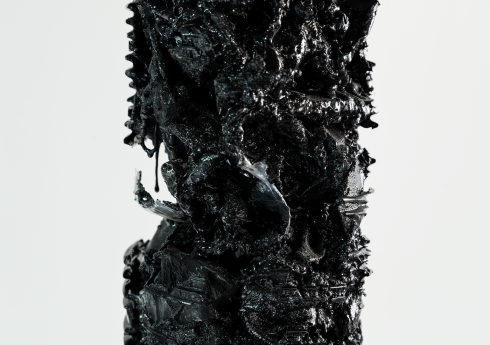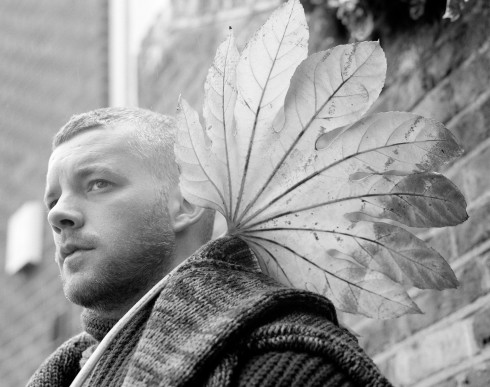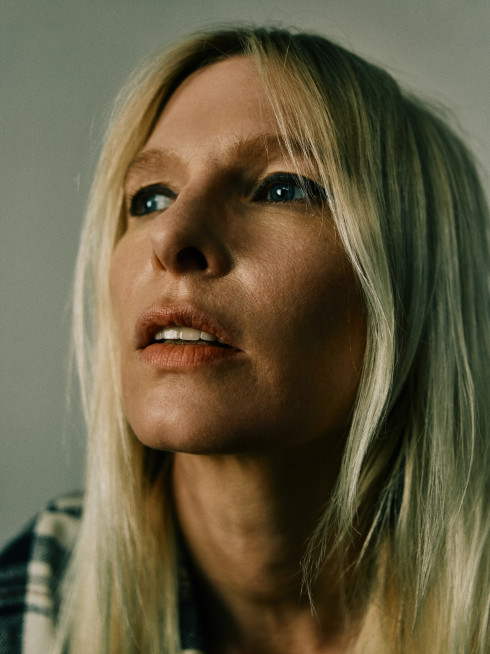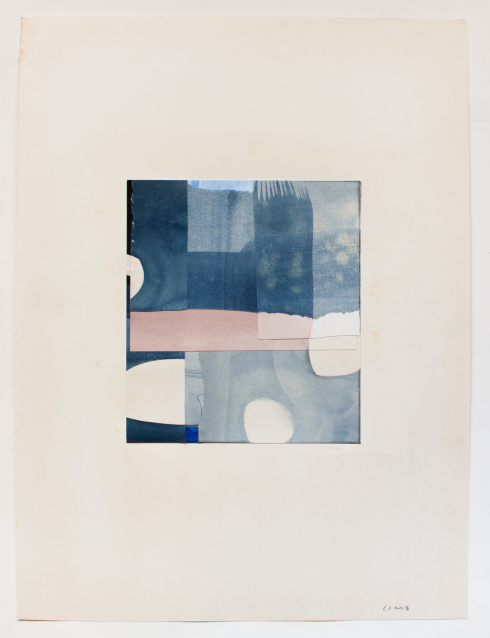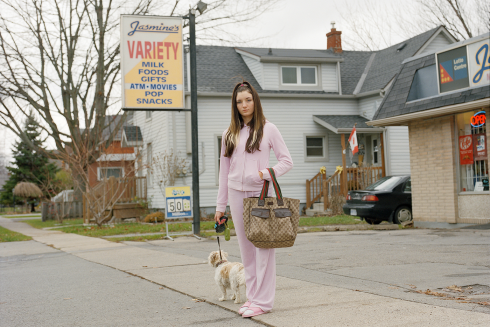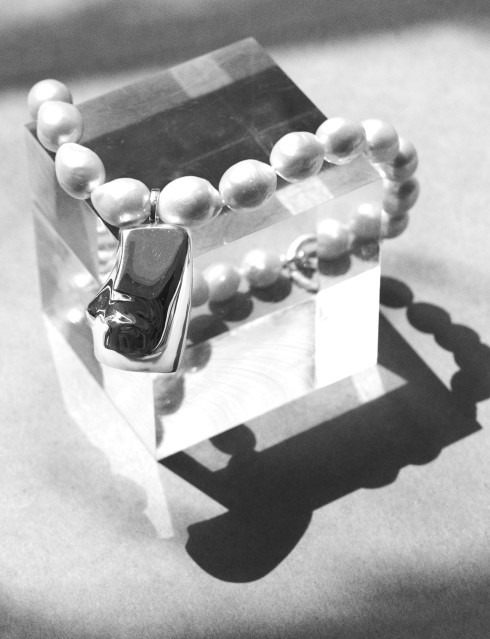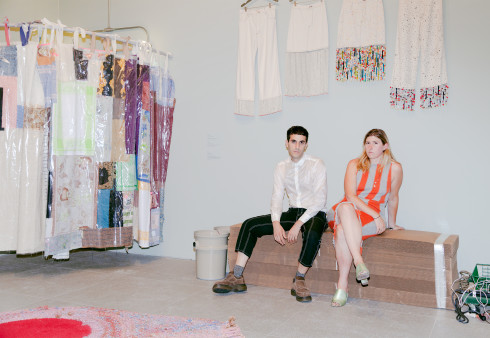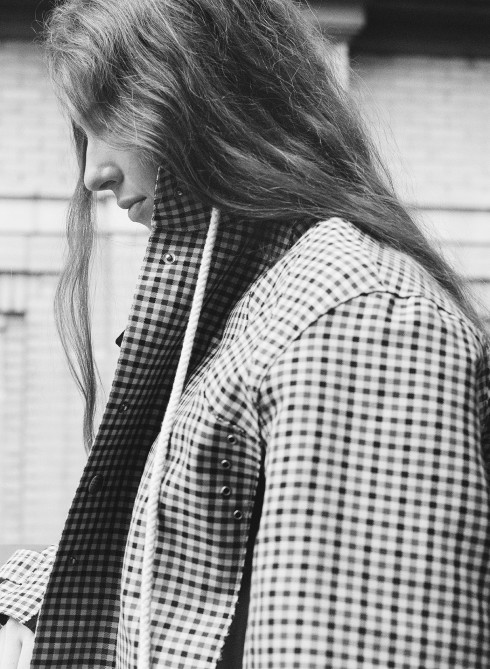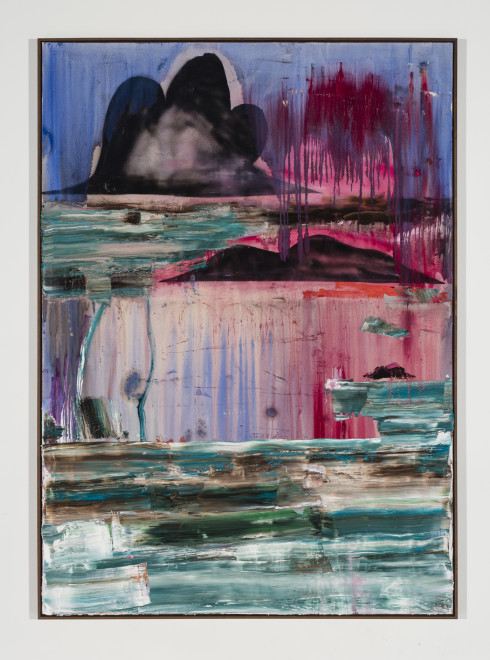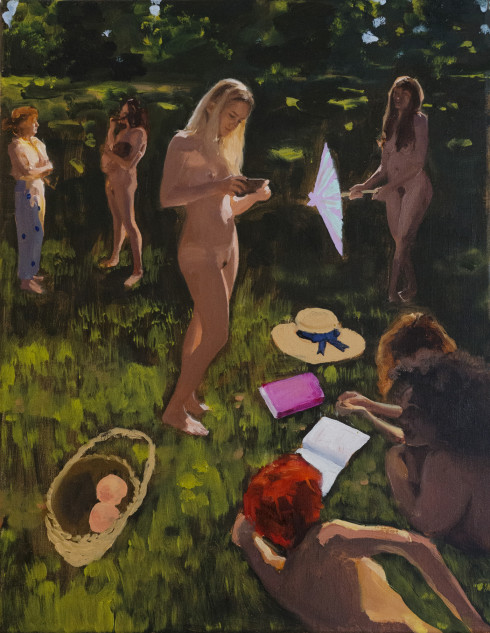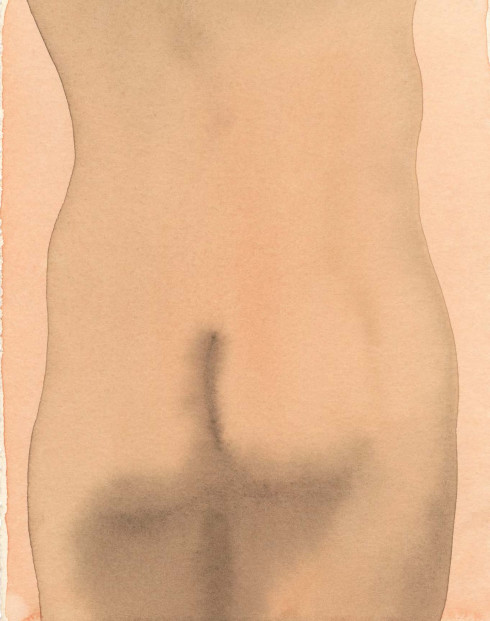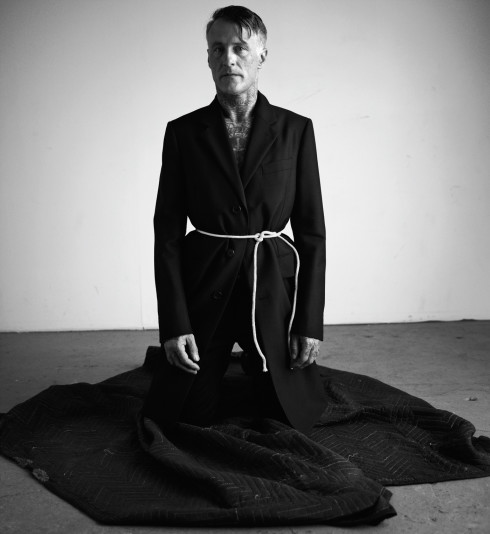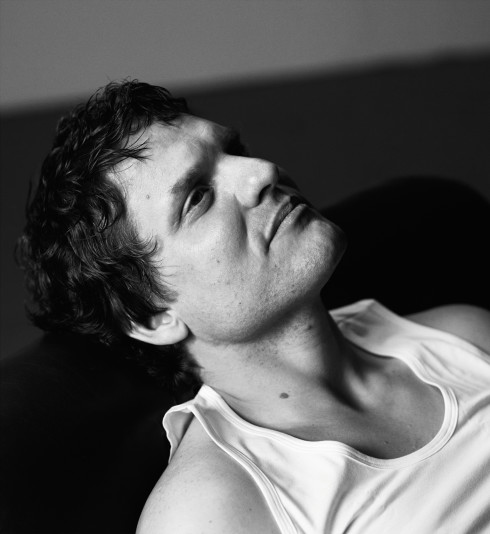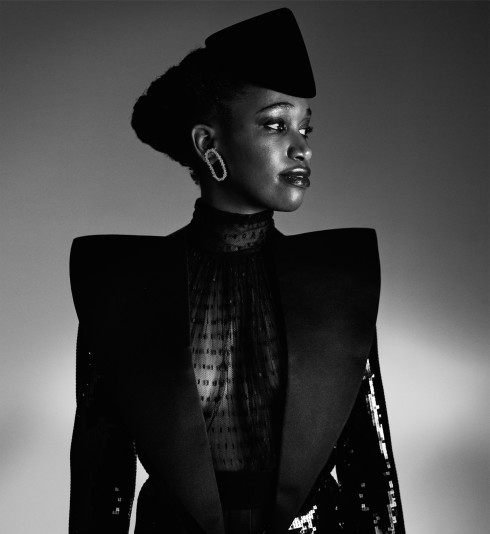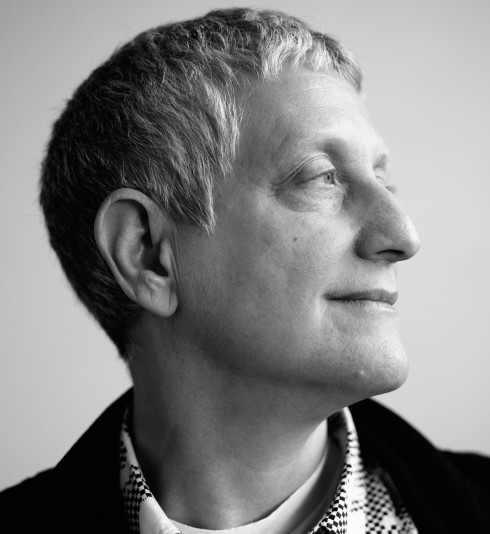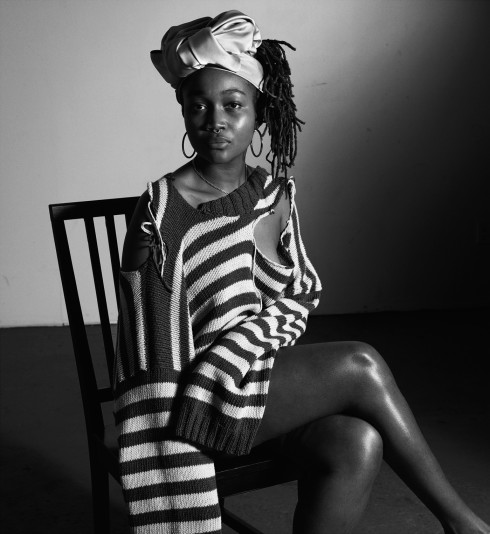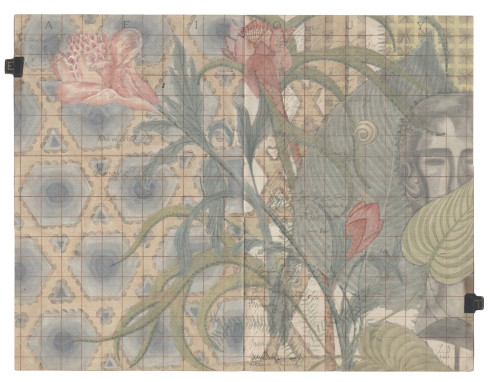
ABHAYA: BURMA’S FEARLESSNESS
Recent media coverage of military-ruled Myanmar has been optimistic. Though the election process that established new president U Thein Sein last March was widely seen as flawed, the following months brought news of released political prisoners, a liberalizing economy, and promises of a transparent and open election this April. But a still-dark side of today’s Myanmar—or Burma, as the country is known to those who don’t recognize the military government—can be seen in the pages of documentary photographer James MacKay’s powerful new book Abhaya: Burma’s Fearlessness. Traveling around the globe, MacKay snapped portraits of more than 240 former political prisoners now residing in Thailand, Europe, Japan, the United States, and some still in their home country of Myanmar. They are a diverse group, with aging Buddhist monks, young female activists, teachers, comedians, and students among their ranks, some captured in front of thatched huts, some in parks or offices. But in one aspect they are alike: They each hold up one hand in the Buddhist gesture of abhaya, or fearlessness, markered with the name of a friend or family member who still today remains in prison for political activities. A testament to the long journey still ahead for Myanmar’s democracy movement, MacKay’s intimate, humanizing photos are complemented by captions describing the lives of his subjects and their reasons for arrest—in many cases, organizing for labor or voting rights and peaceful protest. Beyond the determined, stoic faces of MacKay’s subjects, one other unforgettable image from Abhaya dominates. In the book’s opening photo, a young boy bicycles past an enormous street-spanning government sign with four dictates; the final, most ominous one reads, “Crush all internal and external destructive elements as the common enemy.”
Abhaya: Burma’s Fearlessness is out now from River Books Press.



